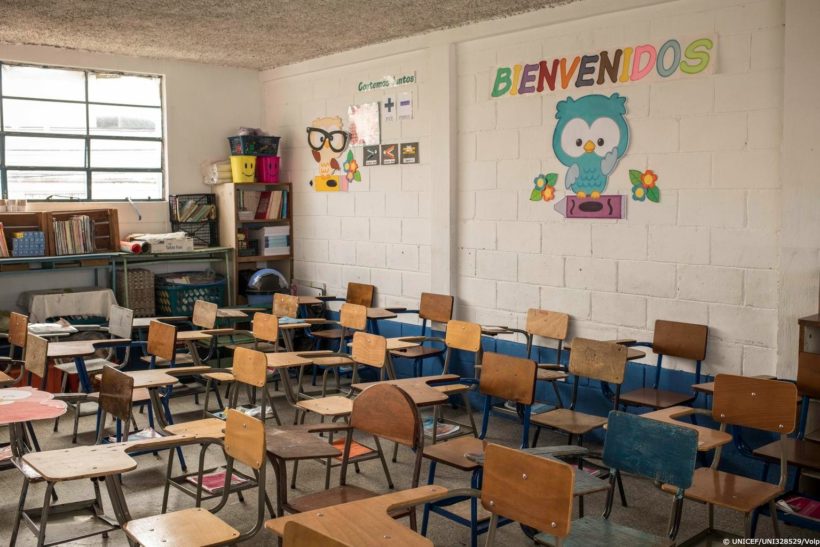We are just a few days away from the return to classes in Chile, hoping that there is a consensus that these classes will be face-to-face because the consequences of the pandemic and online classes have been devastating, especially for the vast majority of students who do not have access to good connectivity or devices to attend classes remotely. In addition to the loss of learning in cognitive subjects, the absence of instances of socialisation affects the socio-emotional formation of girls, boys and young people alike.
In these circumstances, it is good to focus on an educational instrument, the Internal Regulations, which seem more like an administrative requirement, imposed by the central authorities of the Ministry of Education, than a determining document in the formation or deformation of the members of the educational communities, especially the students.
The Internal Regulations of an educational establishment is a legal requirement established in Article 9 of the General Education Law No. 20.370 for all those with official recognition. The minimum components are defined in Circular N°482 of the Superintendence of Education.
The Internal Regulations are an instrument that should be elaborated by the members of the educational community, however, in general, their genesis is not very participative and, to a large extent, unknown by teachers, parents, students and education assistants. It is mainly used to regulate behaviour and impose sanctions, wasting a great opportunity to strengthen relations between members of the community, contributing to the creation of skills and habits of coexistence.
Internal regulations, as established by the Superintendence of Education in the aforementioned circular, must respect the principles that inspire the national education system, being particularly relevant the following: the dignity of the human being, the best interest of the child and young person, no arbitrary discrimination, legality, fair and rational procedure, proportionality, transparency, participation, autonomy and diversity, and responsibility.
At Fundación Semilla we have repeatedly raised the need to rethink education with the lessons learned from the COVID-19 pandemic. Never before has there been an anomalous situation of a universal nature that has exposed the shortcomings of education systems that have been repeating the same formula, with minor variations, since the 19th century. And, in the case of internal regulations, to abandon the idea that they are discipline manuals and understand them as models of participation that are the new coexistence and the new citizenship.
March and the return to school is a good opportunity for each educational community to work on the lessons learned during the pandemic, avoiding returning to the maelstrom of SIMCE or PTU test results. Recognise that children and young people learn more when education is participatory and when they develop good coexistence. And in this process, reviewing the Internal Regulations can be an excellent start to the school year.






